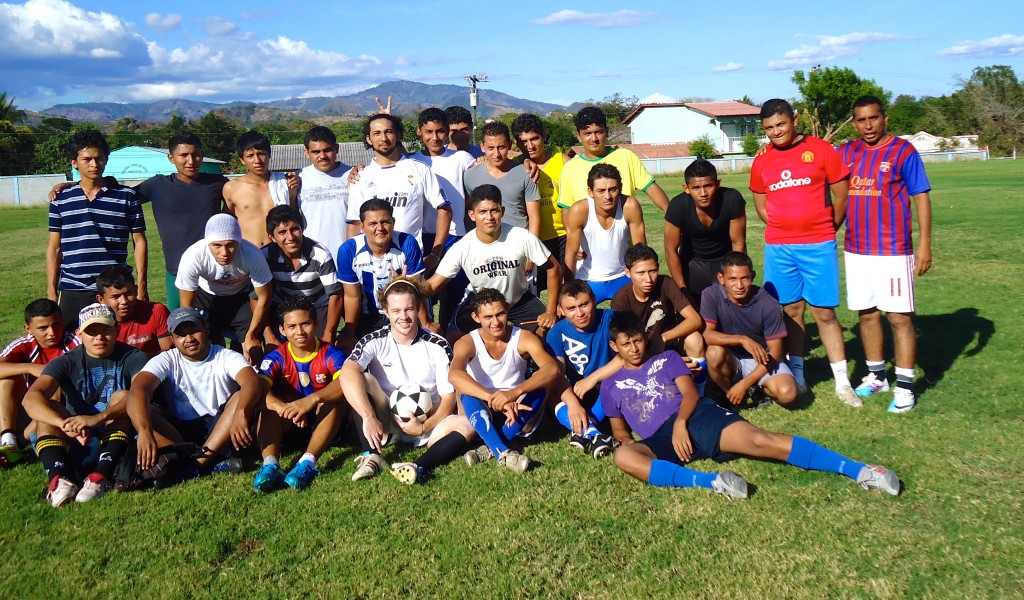By: Jesse Hunt

It’s a funny thing living here, or so I have to remind myself at times. Some days it clicks and some days it doesn’t. It has been about a year of service in the Peace Corps as a water and sanitation volunteer, and I have started to question whether the whole years efforts have been worthwhile from a sustainability standpoint in development work. The truth of the matter is that when I, and most volunteers for that matter, started service we already had a good set of language skills when we arrived to the country due to the many training classes we have attended; however, it does not make up for the fact that even though we are well educated people, we are rendered looking like 8 year olds because of our efficacy with the spoken tongue. Furthermore, we have to learn how to manage living in a place we do not fully understand. Our efficiency with the language gets much better, but unfortunately, the state of the country does not improve as easily. For example, after I leave public school classes will still be getting canceled up to 100 days a year due to teacher strikes. Moreover, many large businesses will still have impunity due to the lack of a formal system to challenge their business ethics. There will be trash in the streets and burning plastic in the air. Coca-Cola will still be seen by some as a legitimate substitute for milk in the bottles of infants and for water by adults. Additionally, the trend of increased violence will invariably continue into the foreseeable future. I could continue this ill-fated list for quite some time, but I believe it already demonstrates that what can be eye-opening experiences to some gradually become normal experiences to others. Furthermore, it reveals a great lesson on the human condition; we can get used to just about anything over enough time.

Wrong. I have to ask myself what is missing here in Honduras? As well as what is missing in the United States? I could argue that there is a lack of access to information in Honduras that prevents the average citizen from getting up in arms about the systematic abuse the government and private companies slowly employ against them. In reality, the vast majority of people do not have regular access to Internet, and an infinitesimally smaller percentage of people are using it for research of this nature. Even so, there is a much larger culture of protest in Honduras and throughout Central and South America than in the United States.

I have a very hard time deciphering which system is more corrupted. Which situation is more dangerous? Is it the system in which one can see the problems, or the system in which the problems are superbly hidden? I know which system is easier to live in, but that doesn’t make it any more ethical.
Biography
Jesse Hunt is a graduate student in St. Edward’s University Professional Science Master’s in Environmental Management and Sustainability program. With an undergraduate degree from the University of Vermont in sociology Jesse developed deep desire to serve and learn from other cultures. He served as a water and sanitation volunteer in Peace Corps Honduras where he spent his time fighting the heat, playing soccer, and occasionally, he designed water systems with a local municipal cooperative. Recently, he created and executed a study on corporate sustainability, which he hopes to have published.
Jesse believes deeply in equality both in development work and the business world. He speaks fluent Spanish and is now taking on French for a European perspective in his graduate program in Angers, France this fall. He loves unique challenges and hopes to be part of a more sustainable future.
